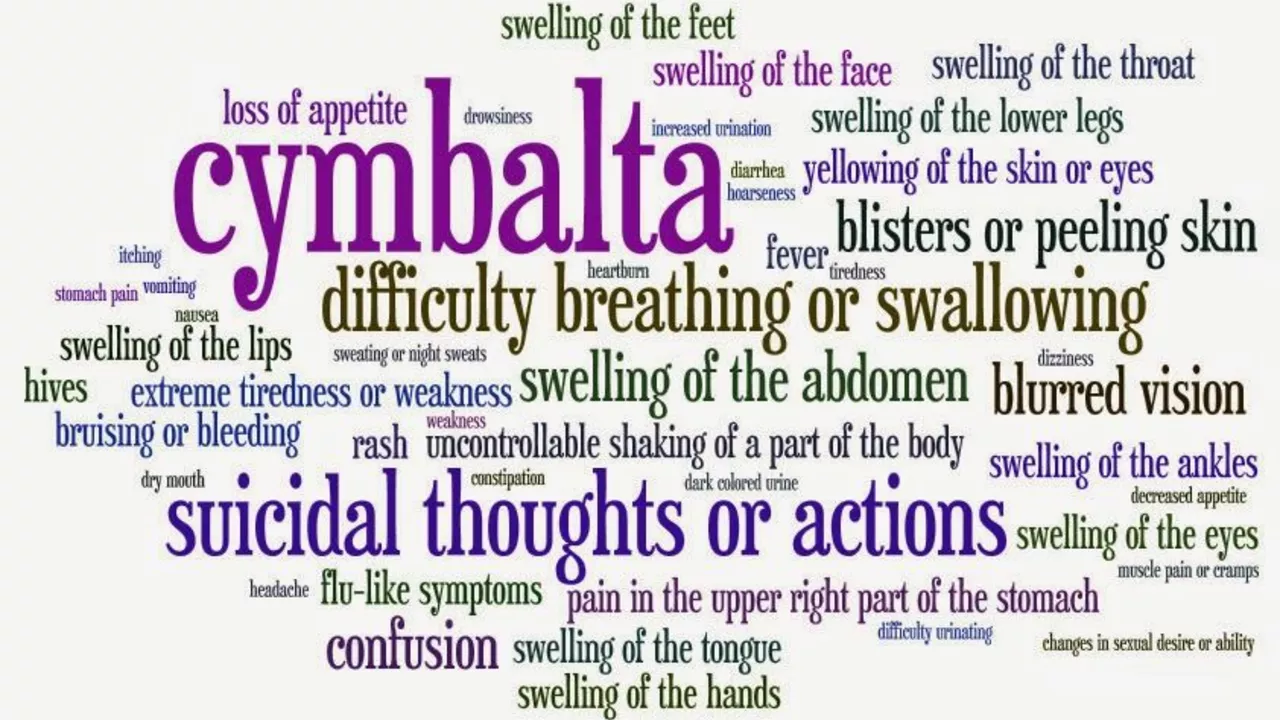Risk: How to spot and reduce medication and online pharmacy hazards
Medications can help or harm depending on how you use them and where you get them. This tag collects straightforward guides and real-world tips — from spotting unsafe online pharmacies to managing side effects of drugs like Risperdal, albuterol, or antibiotics. Read these pieces to cut confusion and lower your personal risk.
Spotting risky online pharmacies and deals
If you buy medicines online, check three things fast: licensing, contact info, and secure payment. A licensed pharmacy will show a pharmacy license number and an address you can verify. No phone number or a US address that looks fake? Walk away. Look for SSL (https) at checkout and beware of cash-only or wire payments — those are common red flags.
Also compare prices sensibly. Extremely low prices or bulk-only offers for prescription meds can mean counterfeit or substandard products. Read real user reviews on independent sites, not just the testimonials on the pharmacy’s page. If something feels off, consult your pharmacist or doctor before ordering.
Practical ways to reduce risk when using medications
Know why you’re taking a drug and what could go wrong. Read the drug’s common side effects and the serious warning signs that need a doctor right away — like breathing trouble, severe rash, high fever, or sudden mood and movement changes. For example, antipsychotics can cause weight gain and movement issues; inhalers may worsen heart palpitations if overused; some antibiotics can clash with other meds or raise resistance risks.
Check for interactions. Use one trusted interaction checker or ask a pharmacist. This matters if you take thyroid meds, blood pressure drugs (like nifedipine or amlodipine), antidepressants, or OTC supplements like artichoke or goldthread. Timing can matter too — take certain drugs with food, others on an empty stomach. If you aren’t sure, ask.
Keep doses simple and track them. Use a pillbox or phone alarm. Improper dosing is a common source of harm, especially for medicines taken daily for chronic conditions. Store meds as instructed — heat, moisture, and light can reduce potency or make a drug unsafe.
High-risk groups need extra caution: older adults, pregnant people, kids, and folks with liver, kidney, or heart problems. If you’re in one of these groups, get a tailored plan from your clinician before starting or switching drugs.
This tag brings together reviews, comparisons, and how-to guides so you can make safer choices. Read the articles, ask questions, and when in doubt contact a trusted healthcare professional. Small checks and clear communication can cut risk a lot faster than you’d expect.
Aripiprazole and Suicidal Thoughts: Understanding the Risk
As a blogger, I recently delved into the topic of Aripiprazole and its potential link to suicidal thoughts. Aripiprazole is an antipsychotic medication commonly prescribed for various mental health disorders, including bipolar disorder and schizophrenia. Although it's generally considered safe, there have been reports of increased suicidal thoughts in some patients. It's crucial for both doctors and patients to be vigilant and monitor for any changes in mood or behavior while taking this medication. If you or someone you know is experiencing suicidal thoughts while on Aripiprazole, reach out to a healthcare professional immediately for guidance and support.
View more
